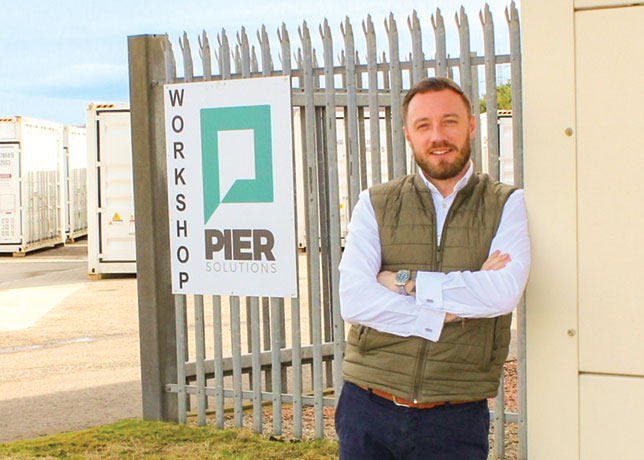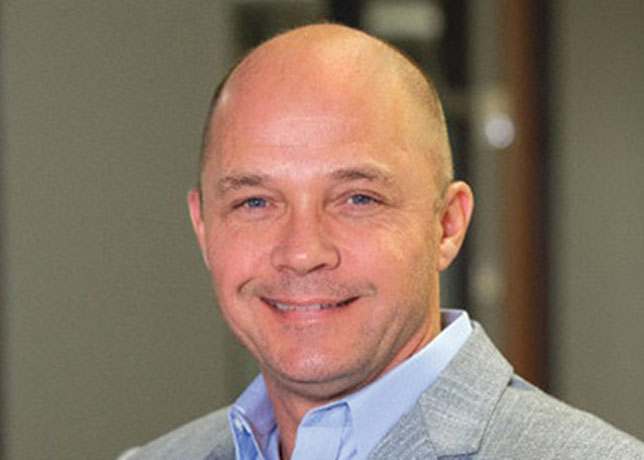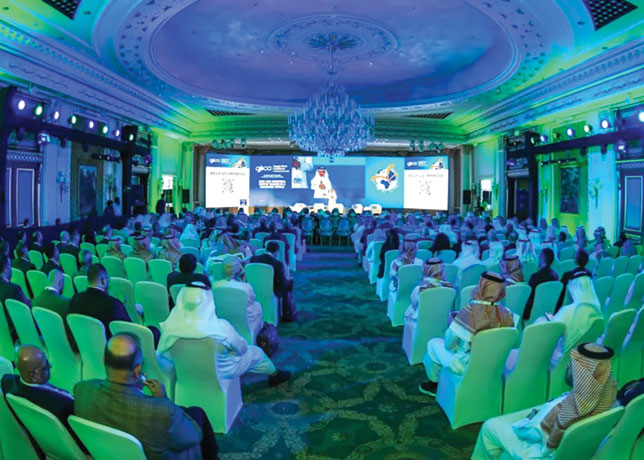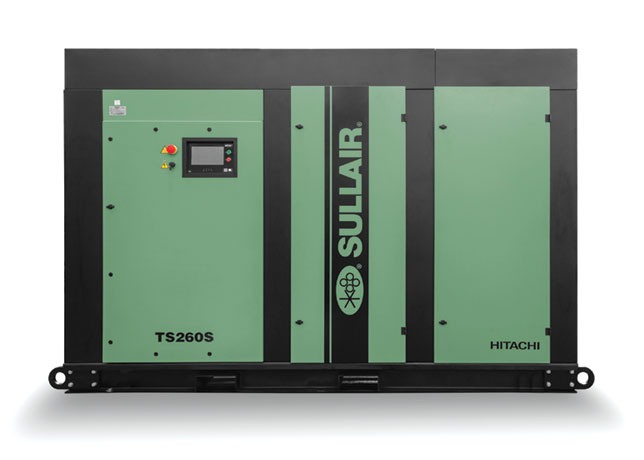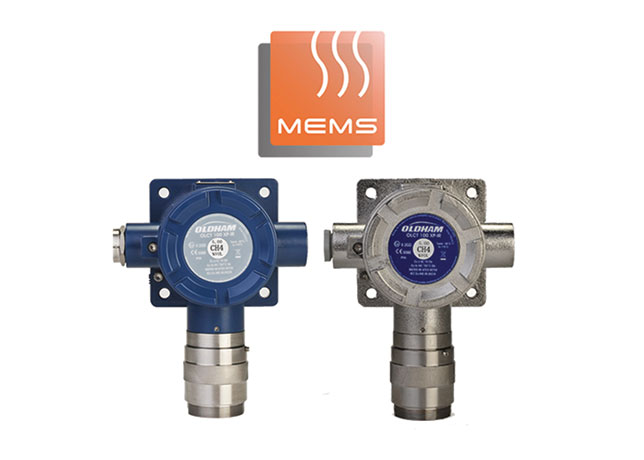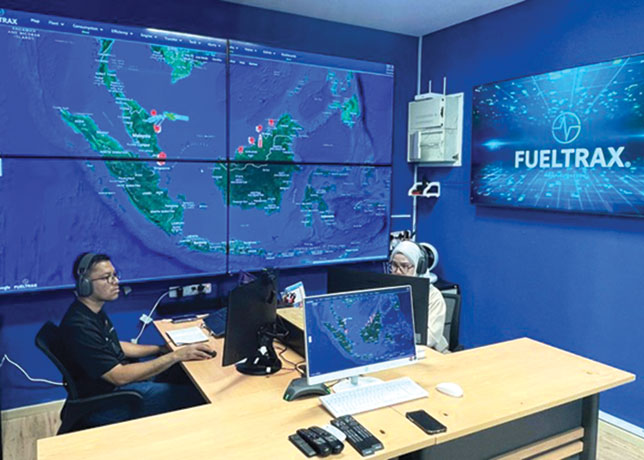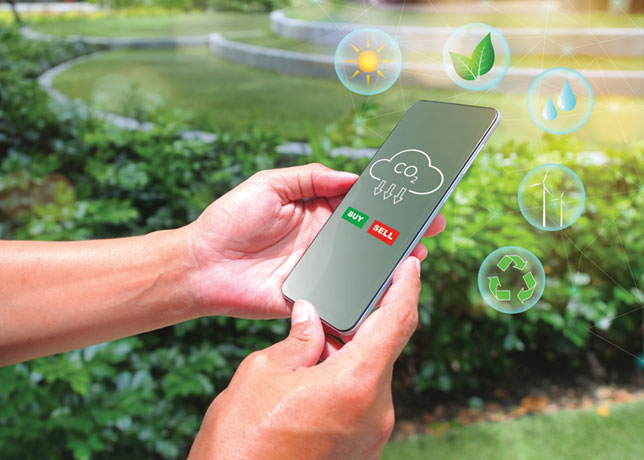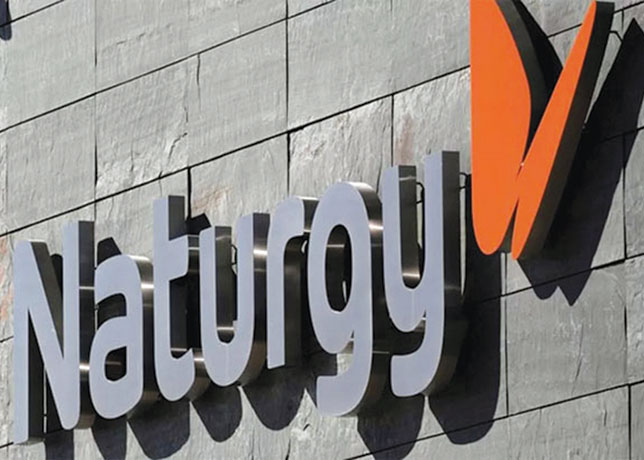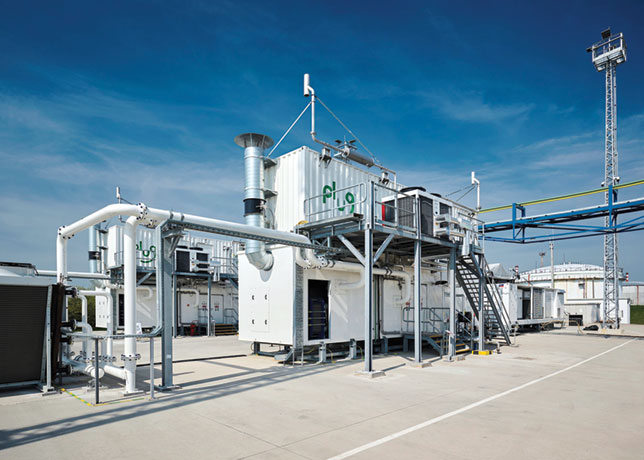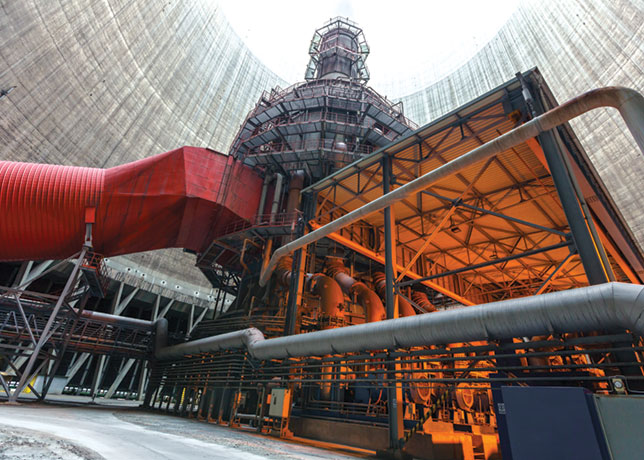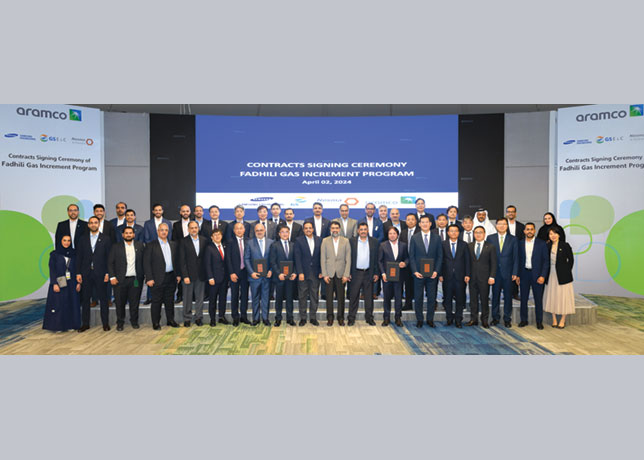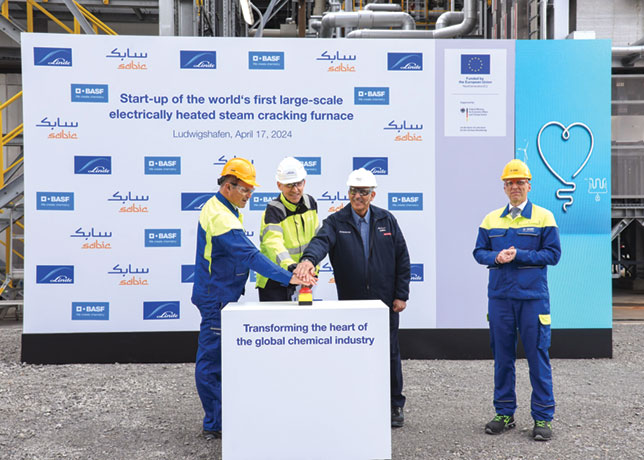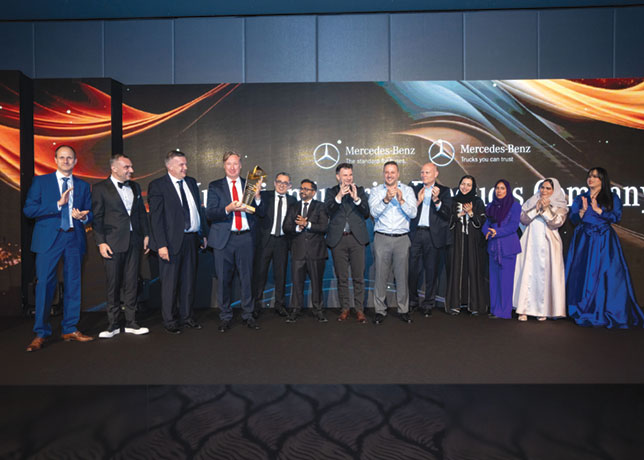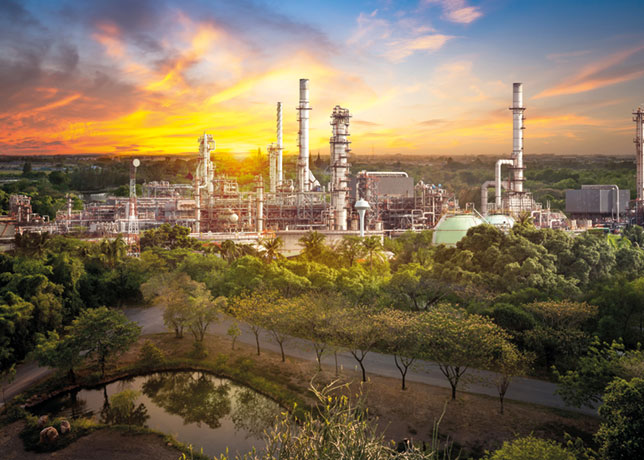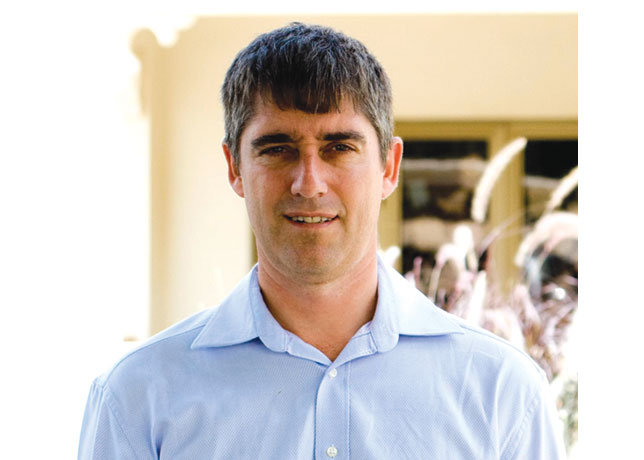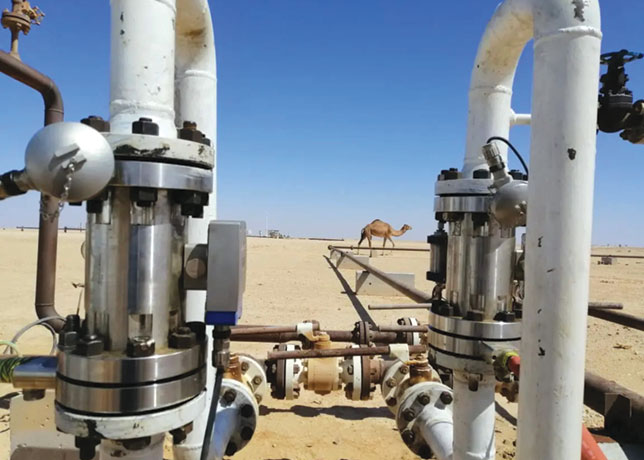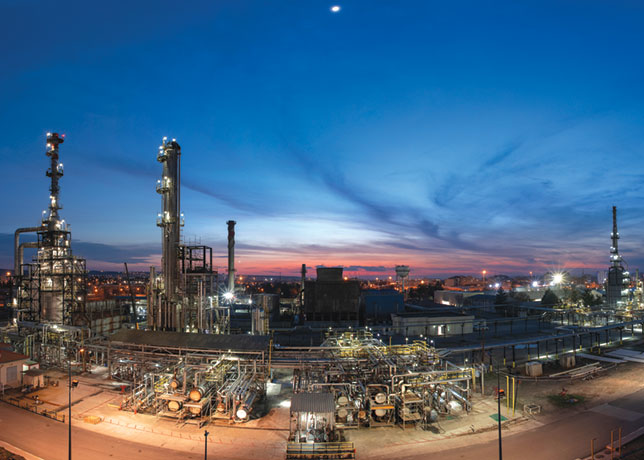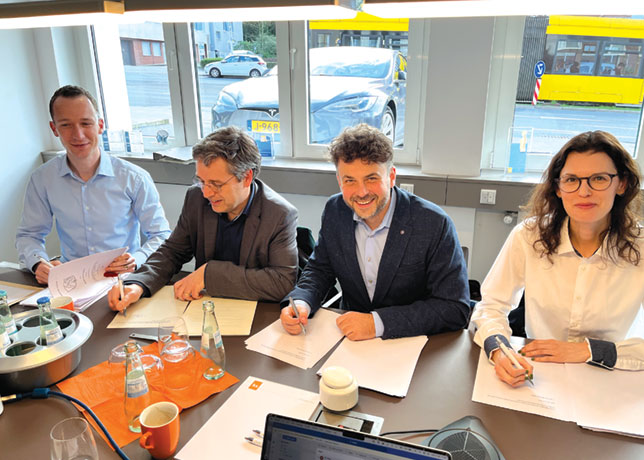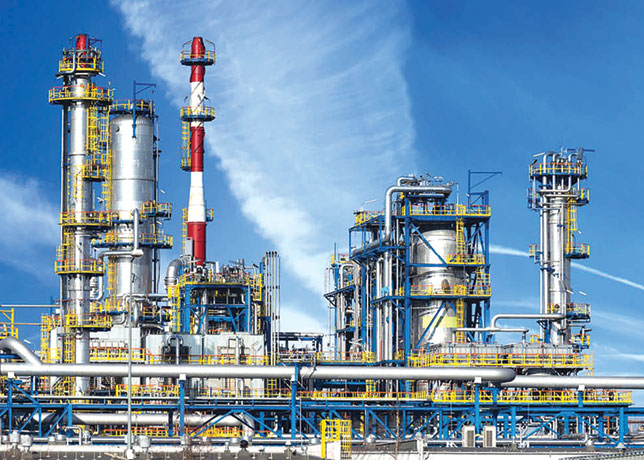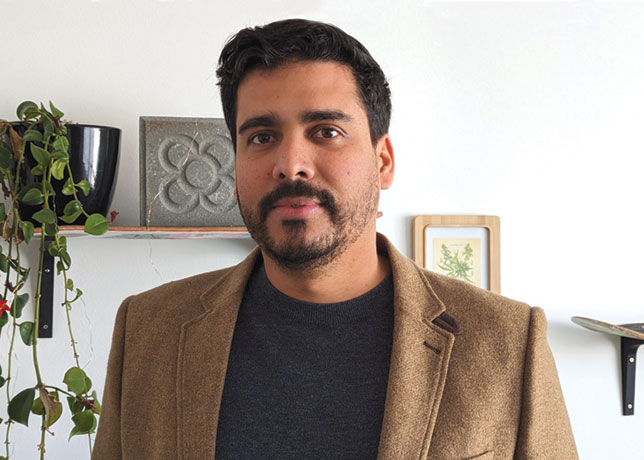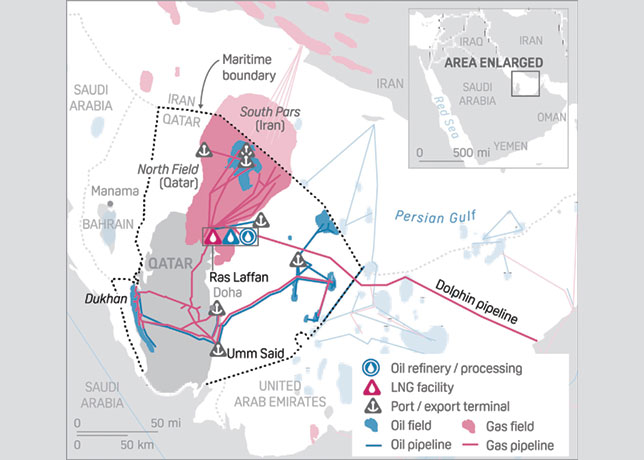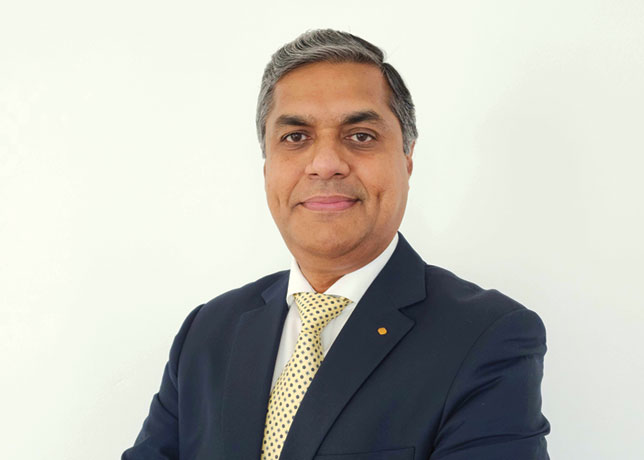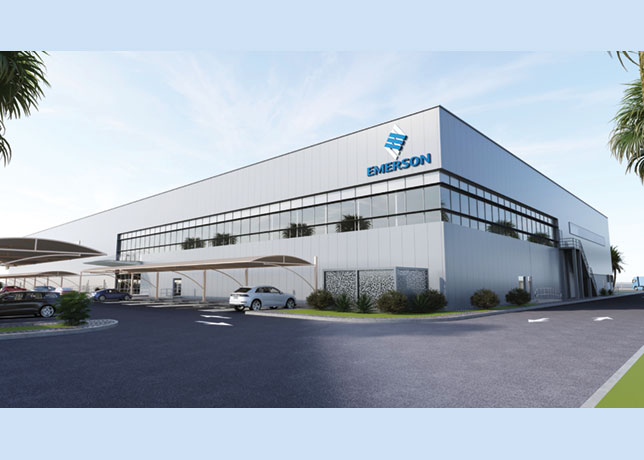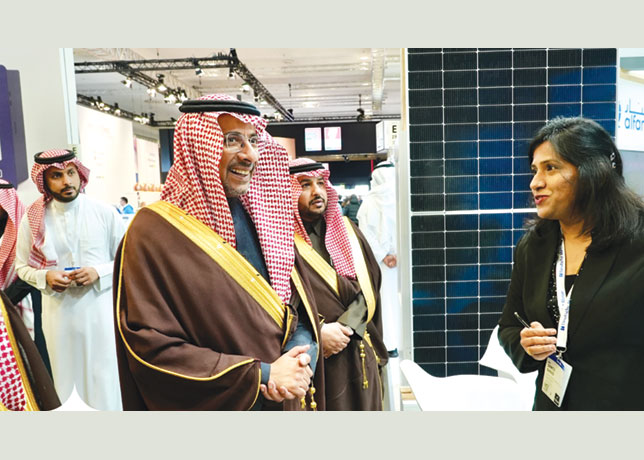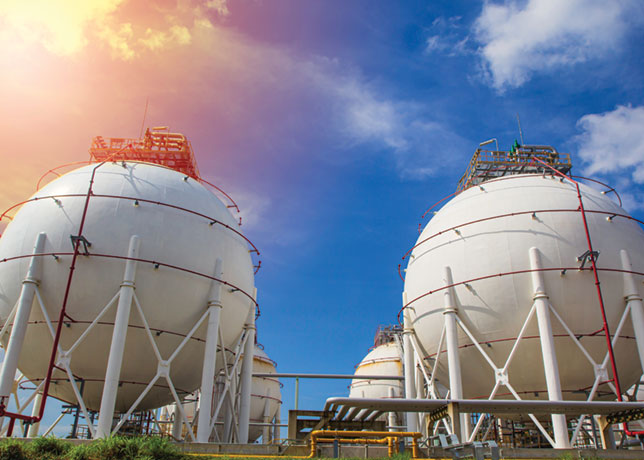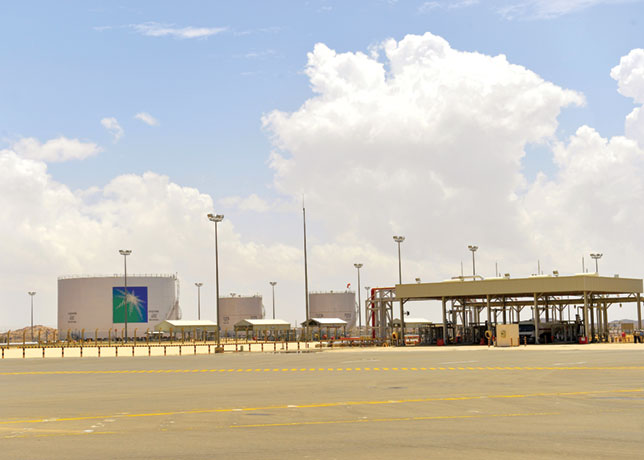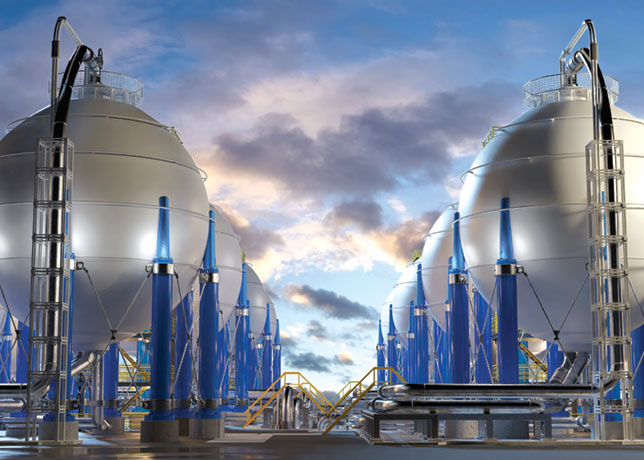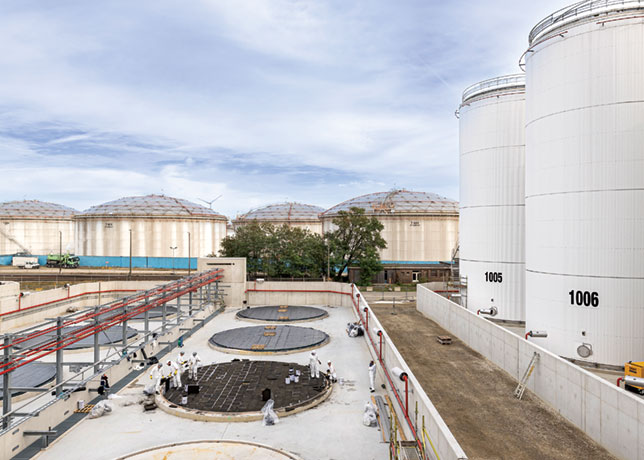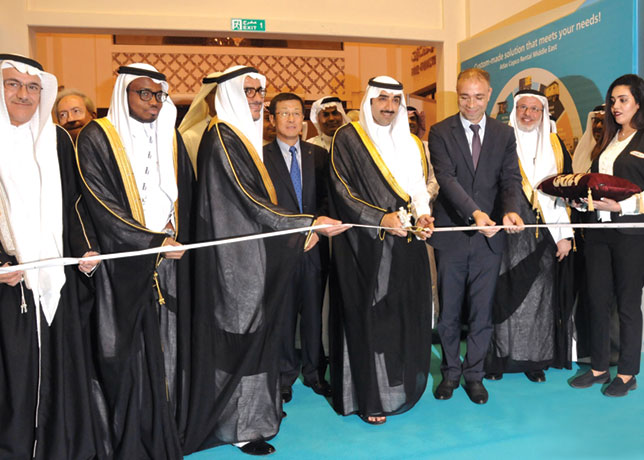
 Leon de Bruyn ... taking a balanced approach to transition
Leon de Bruyn ... taking a balanced approach to transition
In essence, the realistic journey towards a sustainable energy future demands a delicate equilibrium between the needs of today and the imperatives of tomorrow, Leon de Bruyn tells OGN
How the energy sector navigates the energy transition is a balancing act. Current energy demands continue to drive parallel endeavours for producers, who work in both the traditional and sustainability environments. But can we do both?
"This is a topic that will weigh heavily at the Middle East Process Engineering Conference (MEPEC 2024), and one that I look forward to discussing and hearing about during the conference," Leon de Bruyn, President and CEO, Lummus Technology, tells OGN energy magazine.
He adds: "At Lummus Technology, we are taking a balanced approach where we reconcile the demands of today with the imperatives of tomorrow."
EFFICIENCY, ECONOMICS, ENVIRONMENT
In 2023, Lummus commercialised or acquired new technologies and entered partnerships that evenly weighed energy efficiency, economic viability and environmental stewardship.
Lummus acquired rights from Air Liquide to license and market acrylic acid and acrylates technologies.
Also, Lummus kept expanding in polymers, namely high-density polyethylene (HDPE) through a partnership with TexploreTM, which is part of one of Asia’s largest operators, SCGC.
These are two examples of the company strengthening and expanding its portfolio in traditional monomer and polymer technologies — important in meeting consumer demands today.
Lummus also addresses the environmental imperatives for tomorrow. Here are some examples: Lummus established a partnership with RWDC, a biotechnology company that uses plant-based oils to produce polyhydroxyalkanoates (PHA), which can be recycled, re-used or returned to the carbon cycle.
Lummus commercialised ethanol-based SAF technology, offering a commercially demonstrated pathway to reduce the aviation industry’s carbon footprint.
The company also entered a partnership with Toshiba combining Lummus’ post-combustion carbon capture technology with Toshiba’s advanced amine-based solvents designed to reduce emissions.
Several acquisitions or partnerships from last year are a mix between traditional and sustainable technologies.
Lummus’ acquired water and wastewater treatment technologies from Siemens Energy.
"This ‘outside the box’ acquisition has given us sustainable, integrated water solutions that support waste reduction and efficiency goals of petrochemical producers," says de Bruyn.
Another ‘outside the box’ partnership was with NET Power, a company that has developed a near-zero emissions power generation process.
Lummus developed a unique heat exchanger system for NET Power plants to produce clean and economical power.
When S-Oil broke ground on the Shaheen Project in South Korea last year, Lummus became the first licensor to advance fully integrated crude-to-chemicals technology.
This complex is the first commercial deployment of TC2CTM, converting crude oil into mostly high-value petrochemicals. Saudi Aramco is the majority shareholder of S-Oil and technology partner in TC2C.
The technologies, strategies and innovations that balance energy efficiency, economic viability, and environmental stewardship will drive the energy transition.
"In essence, the realistic journey towards a sustainable energy future demands a delicate equilibrium between the needs of today and the imperatives of tomorrow," de Bruyn concludes.




